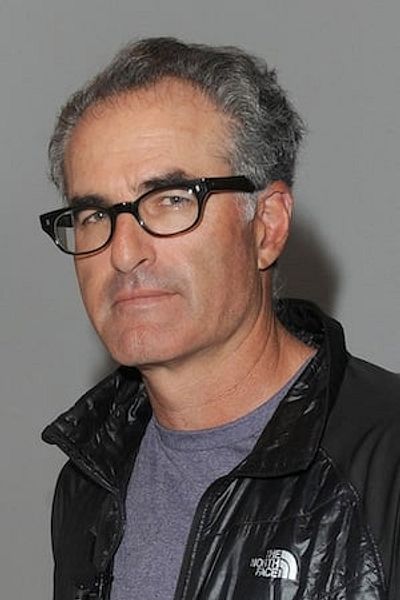Since the death of his daughter Will Smith's ad company exec has slid into depression, divorcing his wife and writing letters to abstractions like Death, Love and Time in an attempt to find answers to his pain. His erratic behaviour worries his partners – Norton, Kate Winslet and Michael Pena – to such an extent they attempt to gaslight him, employing actors Mirren, Knightley and Jacob Latimore to play Death, Love and Time respectively to jolt him out of his stupor and save the failing company…
There's a good movie in Collateral Beauty somewhere. If Allan Loeb's (The Dilemma, Just Go With It) script had been brave enough to embrace the herculean task of putting the pieces back together after the death of a child (see Reign Over Me or Rabbit Hole) this fantasy drama would be an altogether sturdier affair. Will Smith seems to want to explore the heart of the matter; in a performance that's reminiscent of his Seven Pounds turn, Smith, with his teary eyes and heavy lids, treats the story with the significance it deserves. He attends group counselling hosted by Naomi Harris, but can't bring himself to even say his daughter's name. Her death stalks him. What he's going through is etched on his face throughout.
But Collateral Beauty chickens out. It can't resist resorting to levity whenever the story veers to anything that resembles an emotional truth. When Norton, Winslet and Pena learn that Smith has been writing letters to Love et al, the reaction isn't shock or worry that their friend is losing his mind but instead opt for a jokey one-liners. Norton himself gets side-tracked when he falls for Knightley, coming on a little strong in asking her for a date/kiss.
And it takes real work to get on board with the absurd story. The actors are to follow Smith around, probe him with philosophical insights while a private investigator (Ann Dowd) records the conversations, edits Mirren et al out for Norton, Winslet and Pena to present the videos to a prospective buyer for their company so they can prove Smith is going loo-la and sell without his consent. Convoluted? Wait, there's more: Norton busies himself with bedding Knightley when he should be using the time to rebuild a relationship with his angry daughter, Pena has his own struggles at home, and Winslet, in a minor subplot that's barely touched on, is desperate for a child. In juggling all this the central idea – this man must be saved before it's too late – gets lost in the rubble. Then there's the twist. Then there's the second twist.
So why does this not work when other Christmas fantasies like It's A Wonderful Life and A Christmas Carol do? Clarence encourages George Bailey to realise that his existence is worth something, and the three ghosts help Scrooge see the error of his ways. Norton, Winslet and Pena's motivation is money.
















































































